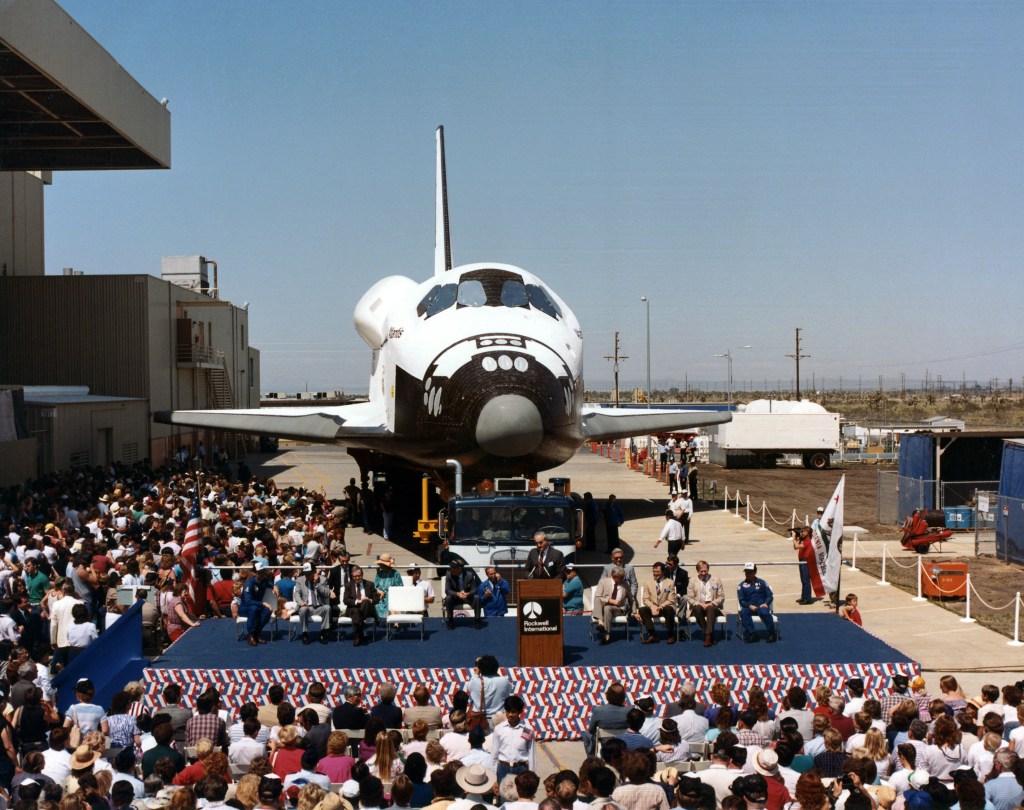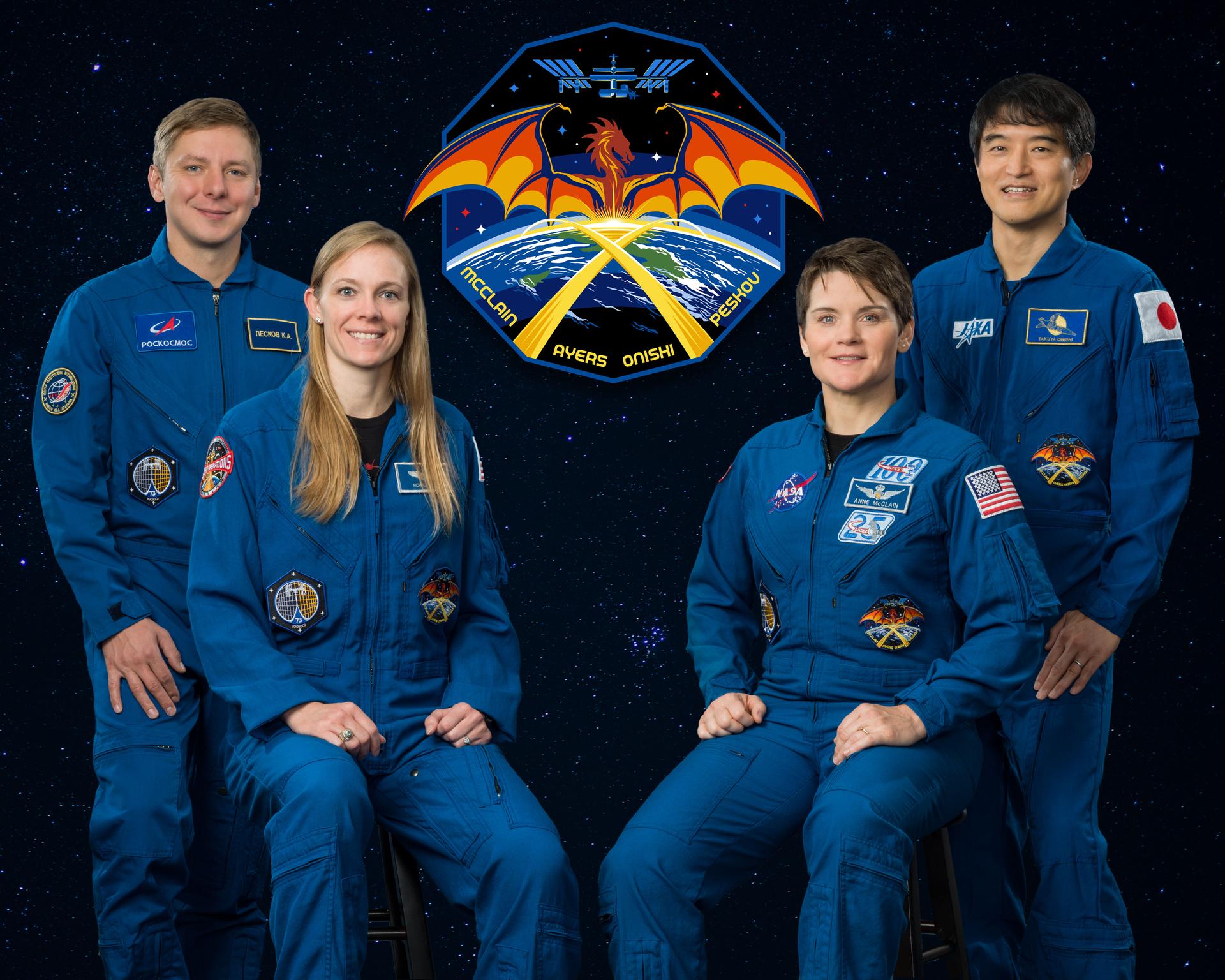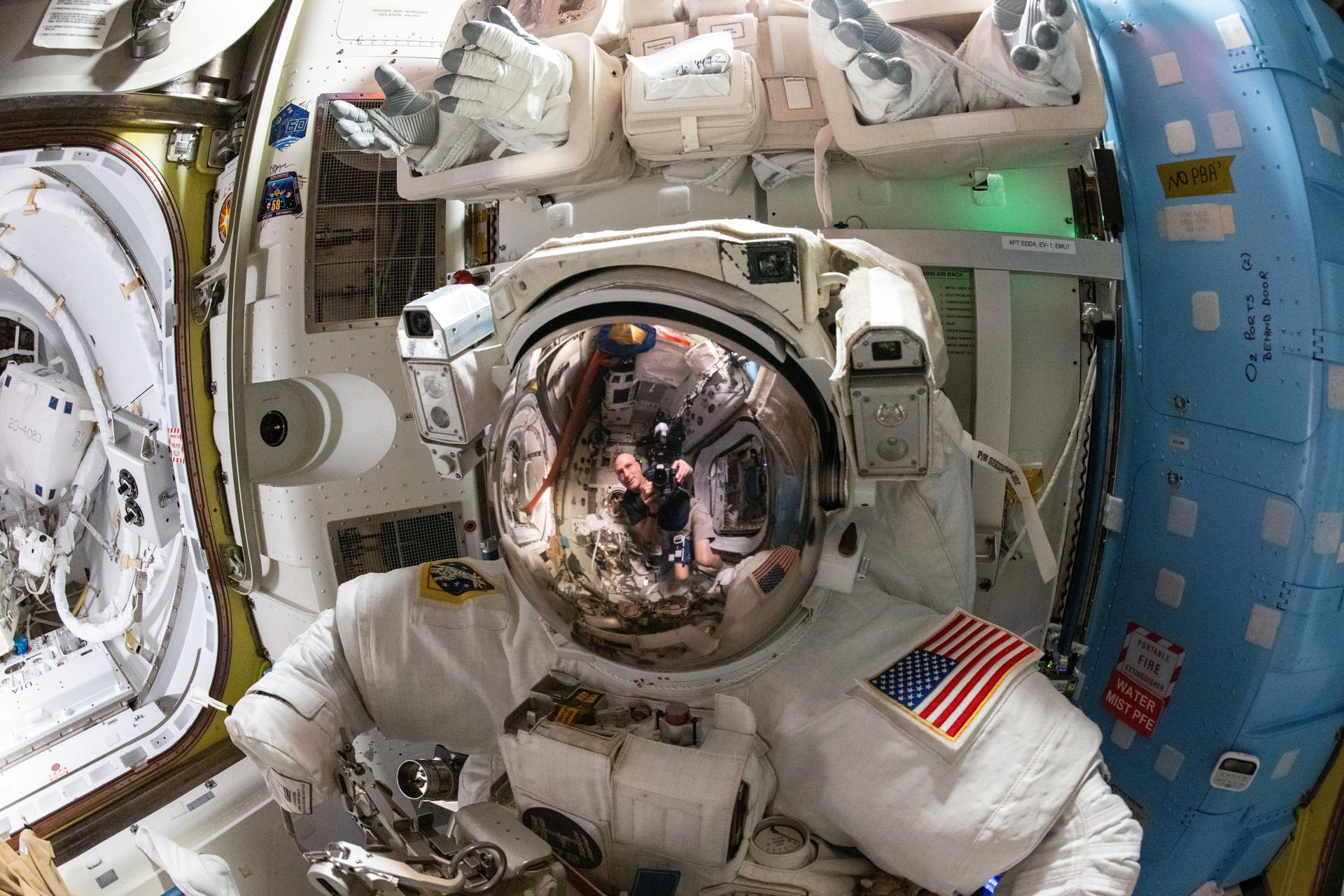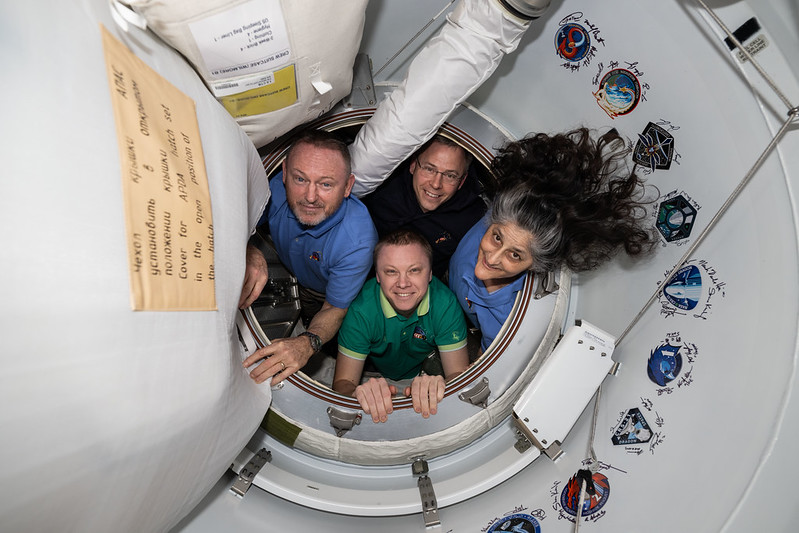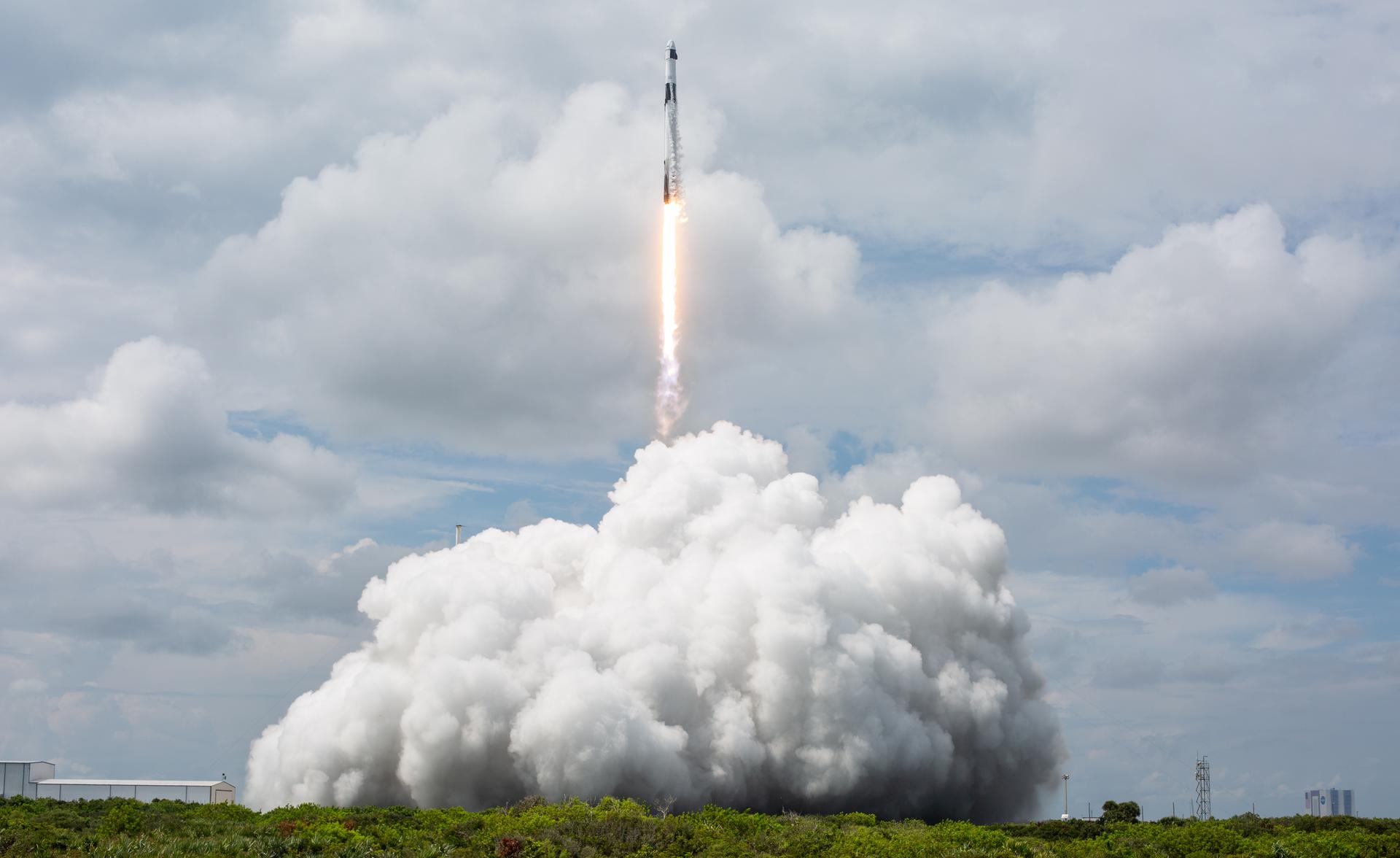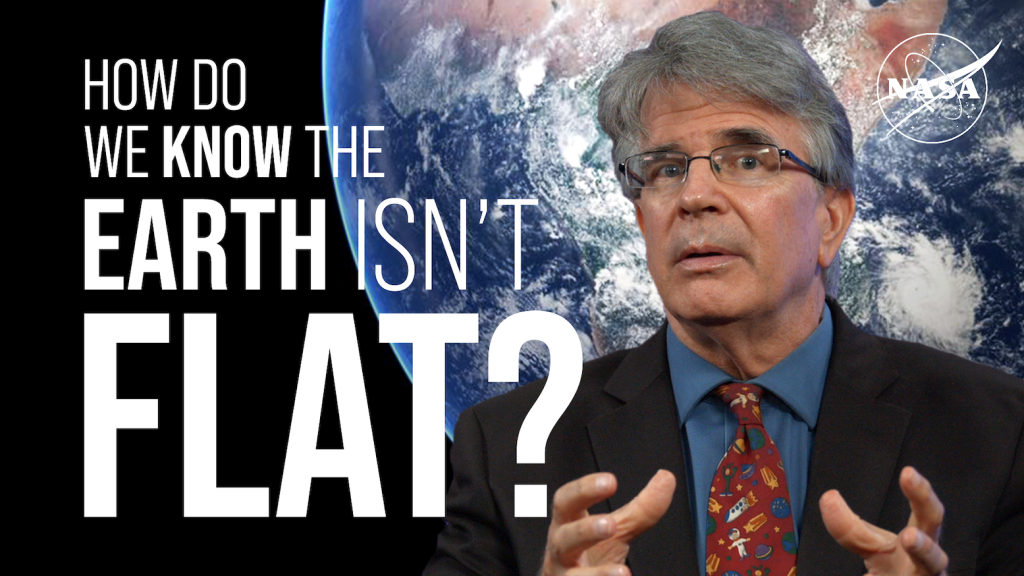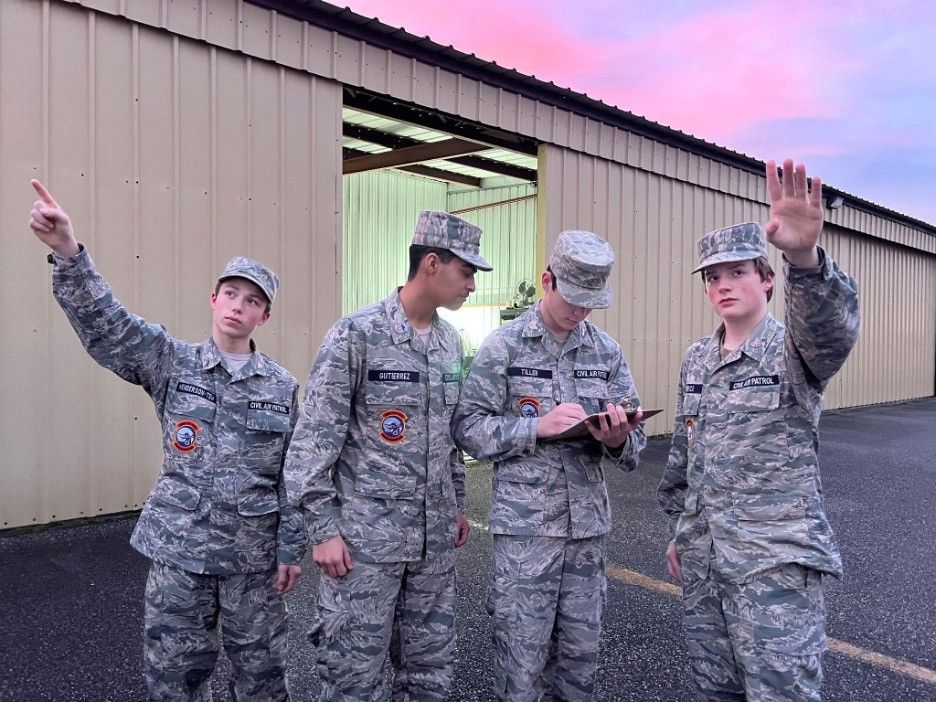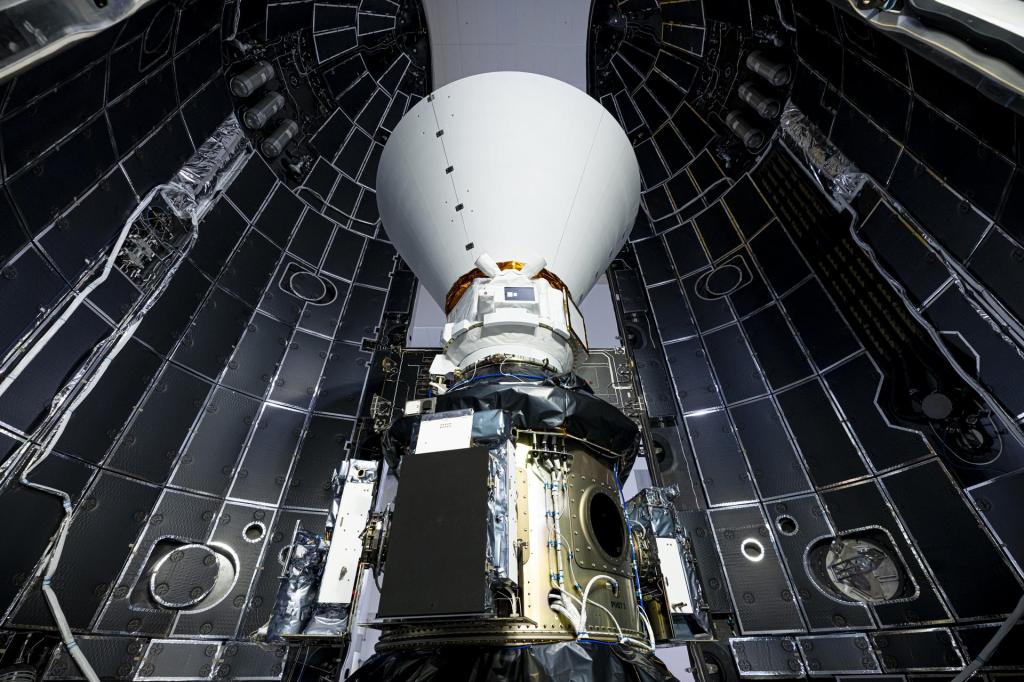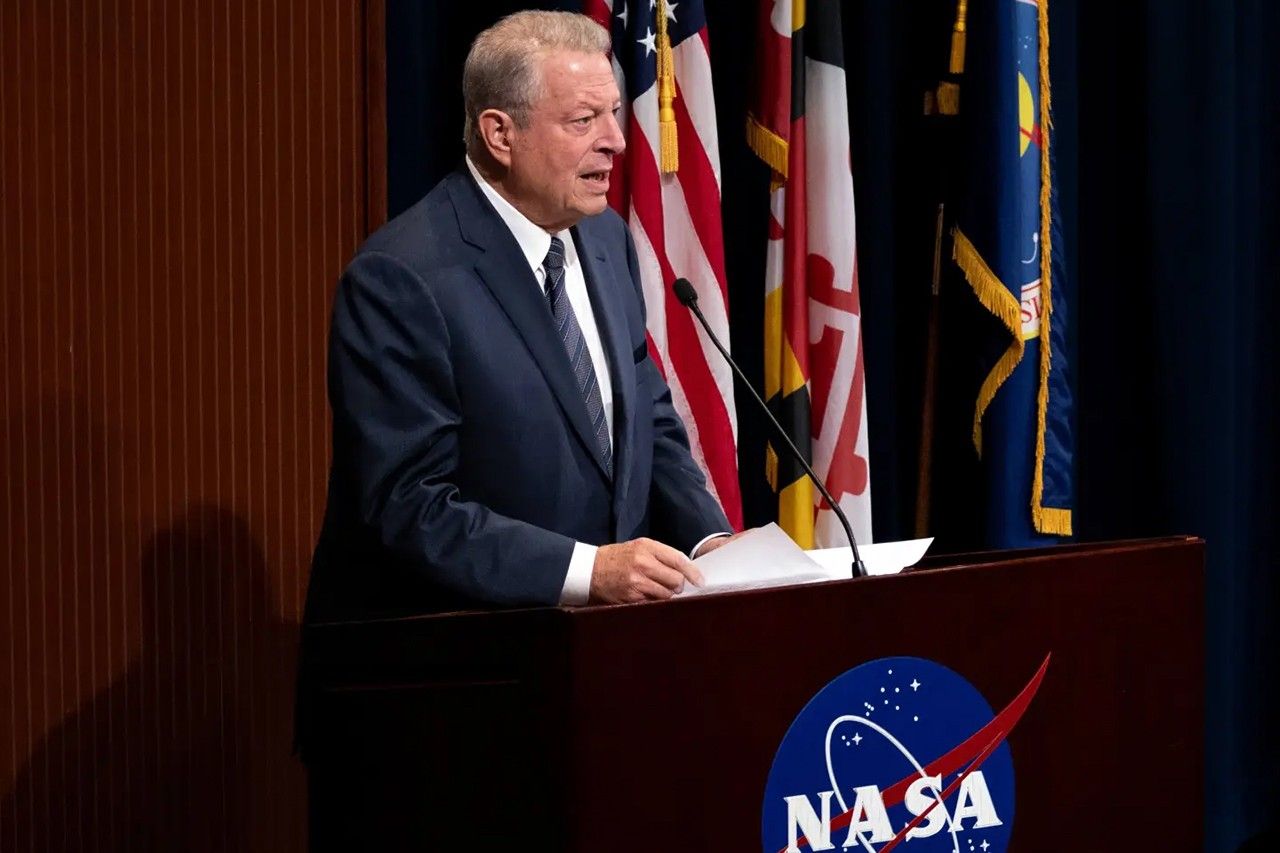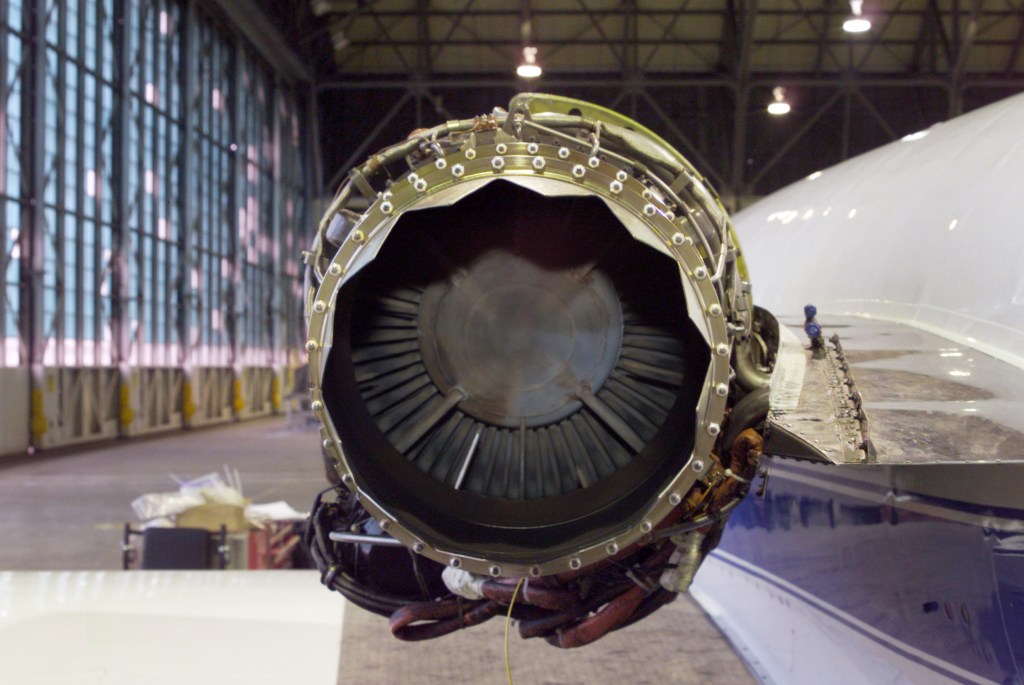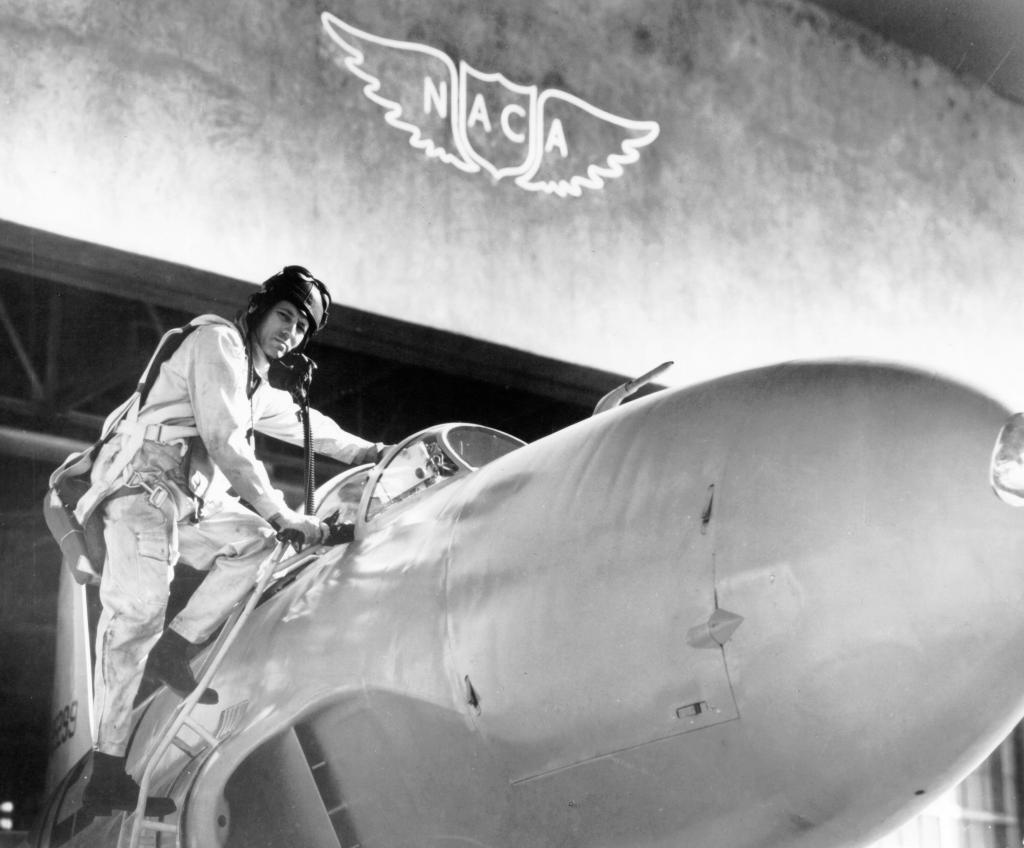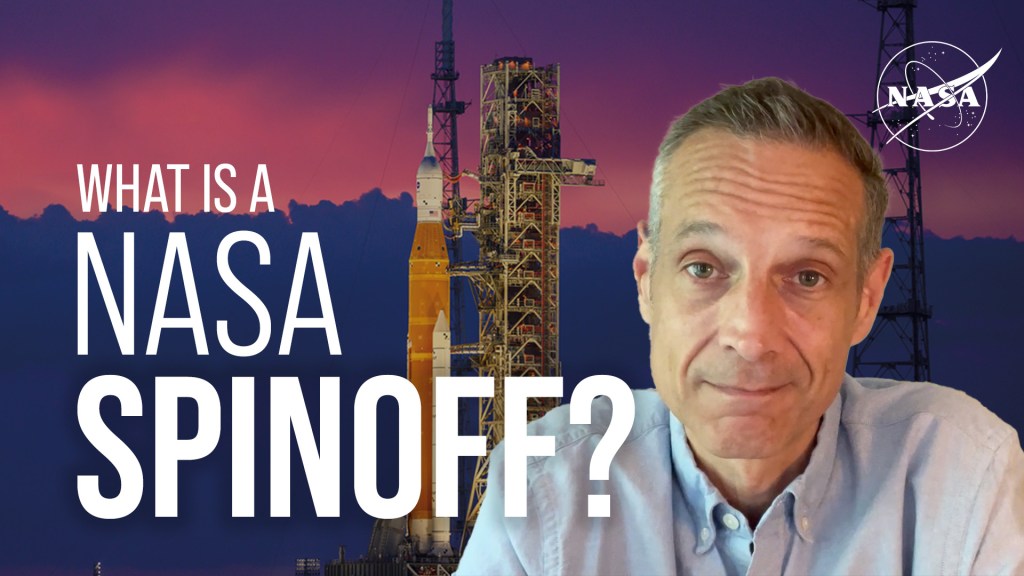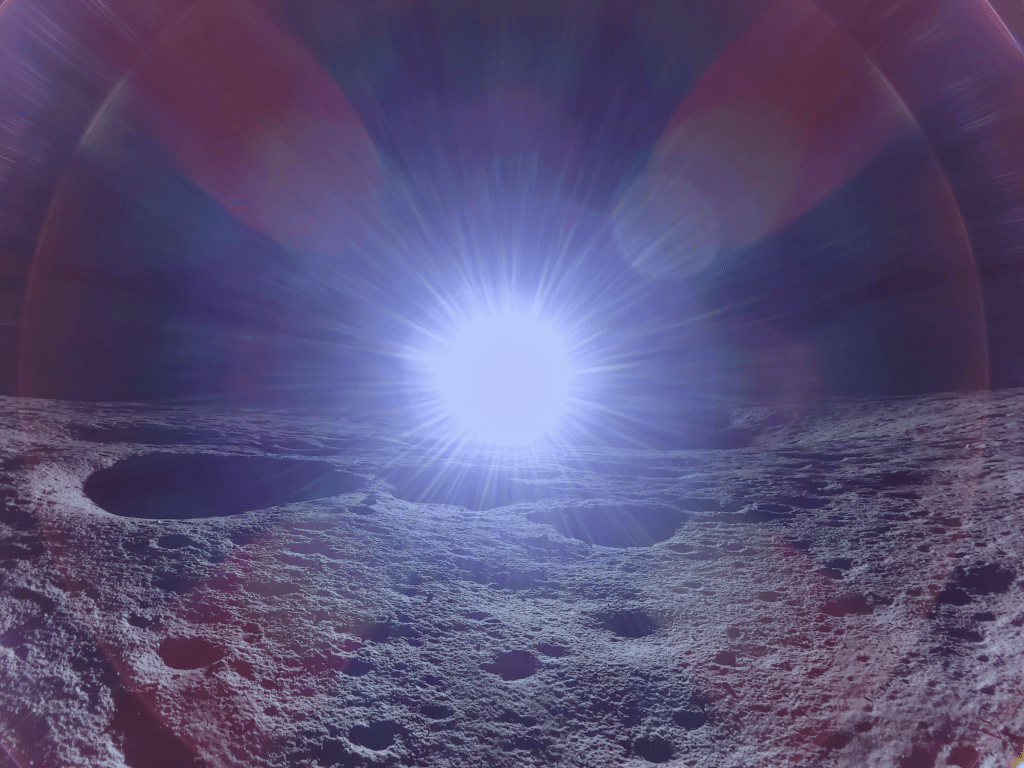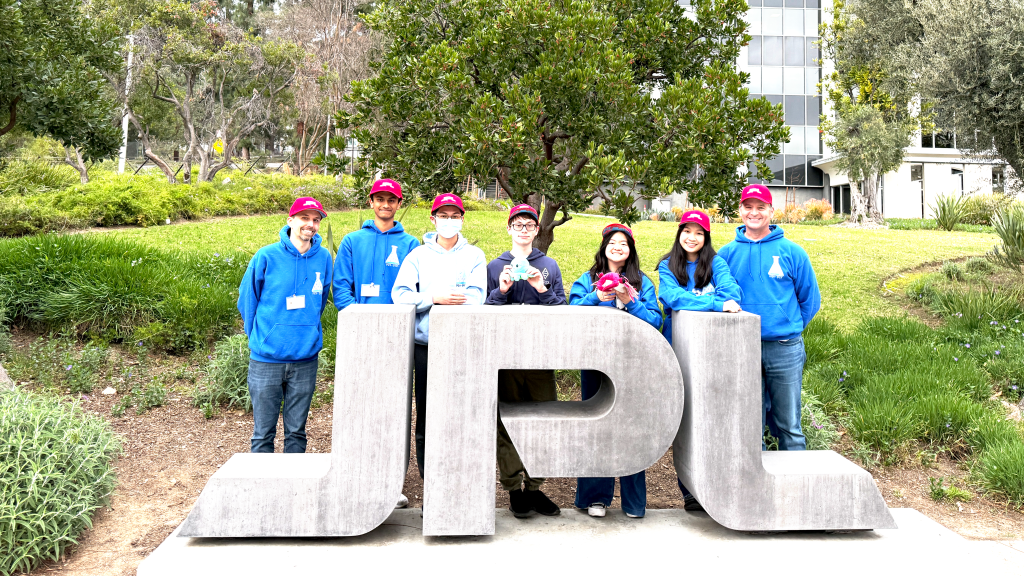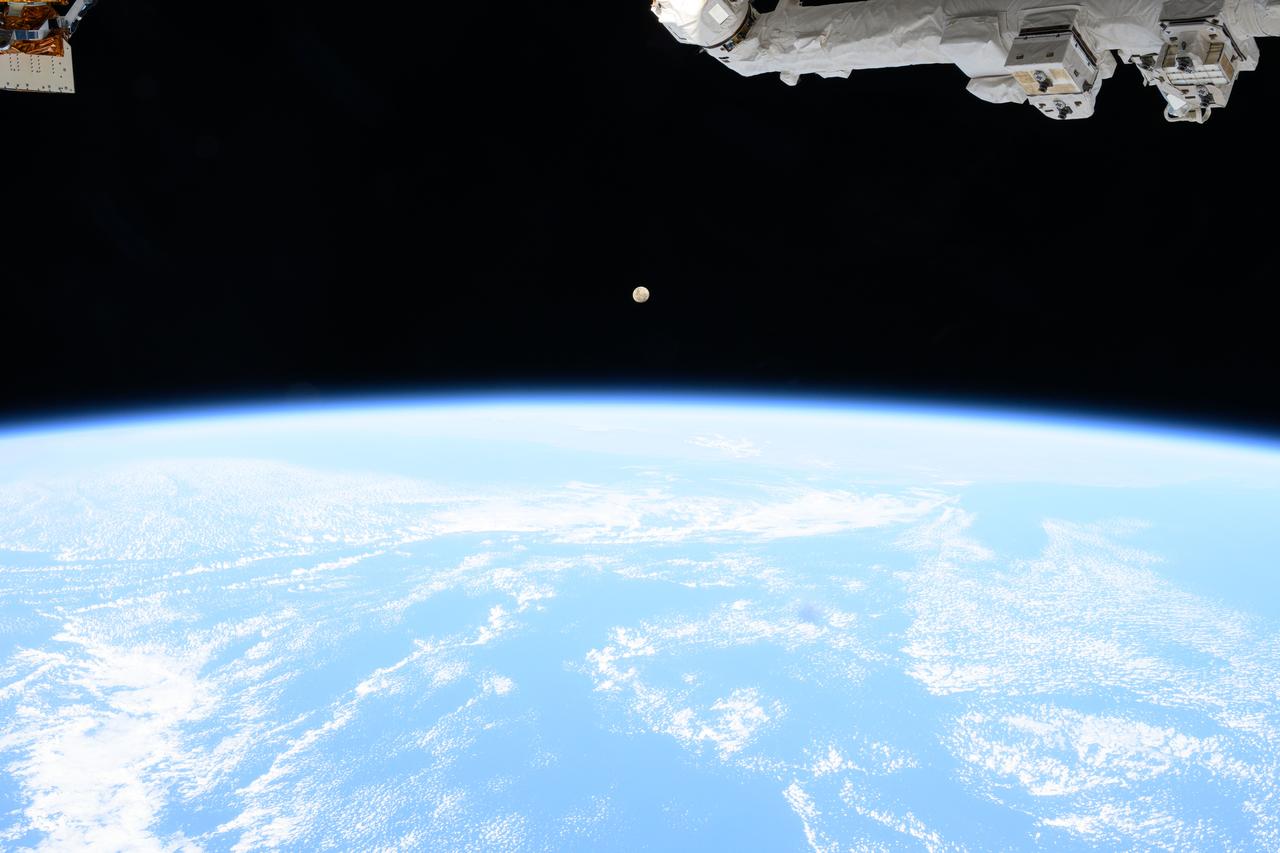As NASA and its partners continue to conduct groundbreaking research aboard the International Space Station, the agency announced Monday it is seeking U.S. industry, academia, international partners, and other stakeholders’ feedback on newly developed goals and objectives that will help guide the next generation of human presence in low Earth orbit.
“From the very beginning, NASA’s flagship human spaceflight programs have built upon each other, expanding our knowledge and experience of humans living and working in space,” said NASA Deputy Administrator Pam Melroy. “As commercial industry is constructing new human-enabled platforms for low Earth orbit, NASA must answer the question: what should our goals and objectives be to advance our future science and exploration missions?”
NASA published draft high-level goals and objectives outlining 42 key points in six main areas: science, exploration-enabling research and technology development, commercial low Earth orbit infrastructure, operations, international cooperation, and workforce and engagement.
“Feedback is essential for shaping our long-term microgravity research and development activities,” said Ken Bowersox, associate administrator, Space Operations Mission Directorate at NASA Headquarters in Washington. “We are committed to refining our objectives with input from both within NASA and external partners, ensuring alignment with industry and international goals. After reviewing feedback, we will finalize our strategy later this year.”
The agency will conduct two invite-only workshops in September to discuss feedback on the draft goals and objectives. The first workshop is with international partners, and the second will engage U.S. industry and academic representatives.
NASA employees also are invited to provide input through internal agency channels. This approach reflects NASA’s commitment to harnessing diverse perspectives to navigate the rapidly evolving low Earth orbit environment.
“Organizations are increasingly recognizing the transformative benefits of space, with both governments and commercial activities leveraging the International Space Station as a testbed,” said Robyn Gatens, International Space Station director and acting director of commercial spaceflight at NASA Headquarters. “By developing a comprehensive strategy, NASA is looking to the next chapter of U.S. human space exploration to help shape the agency’s future in microgravity for the benefit of all.”
Stakeholders may submit comments by close of business on Friday, Sept. 27 to:
https://www.leomicrogravitystrategy.org/
-end-
Amber Jacobson
Headquarters, Washington
202-358-1600
amber.c.jacobson@nasa.gov


